Muslim Sacred Journeys
Read about our work looking at the Hajj to Mecca and the Umra, with a focus on British Muslims.
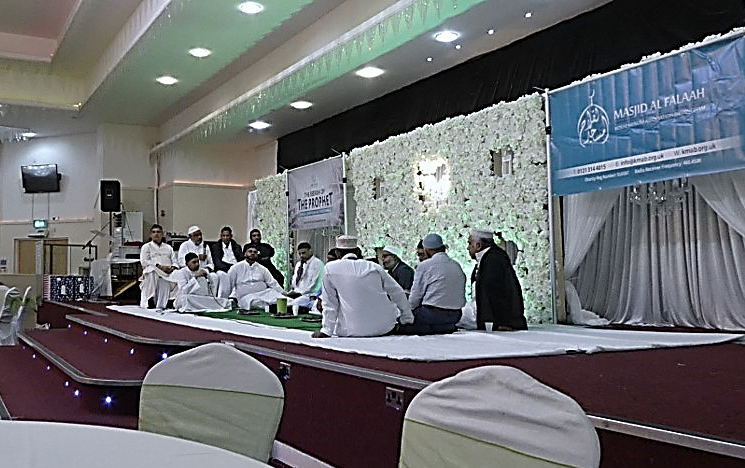
Mawlid Al Nabawiy event orgnised by Al Fallah Mosque Birmingham.
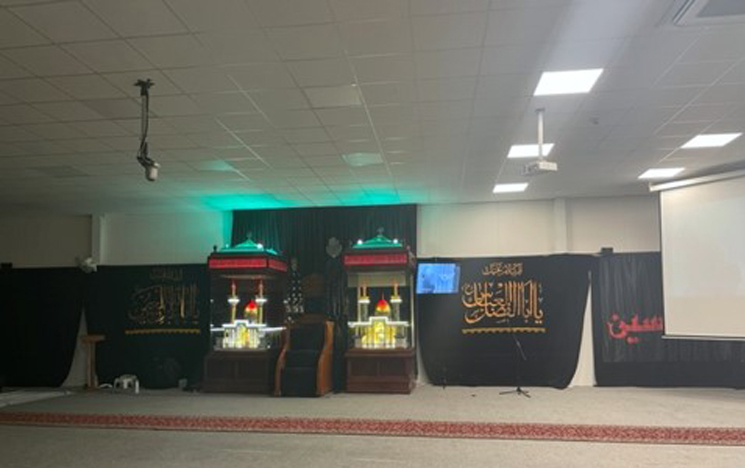
A play and a lecture mourning the death of Imam Al Hassan and Al Hussein at Al Abbas Islamic center Birmingham.
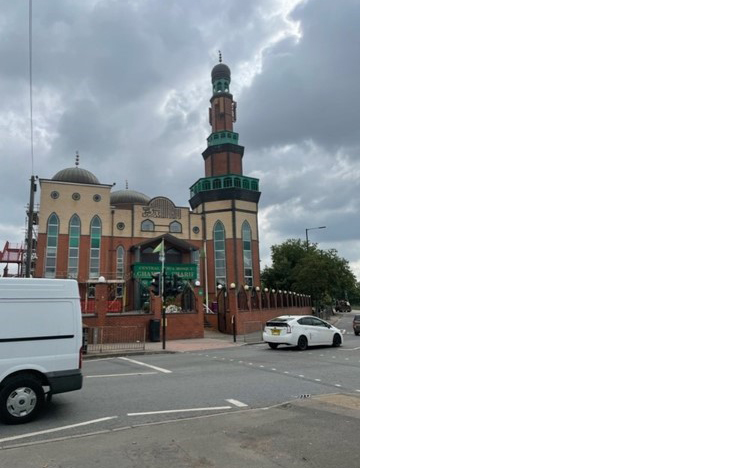
Central Jamia Mosque Ghamkol Sharif, Birmingham. Purpose Built Sufi Mosque .
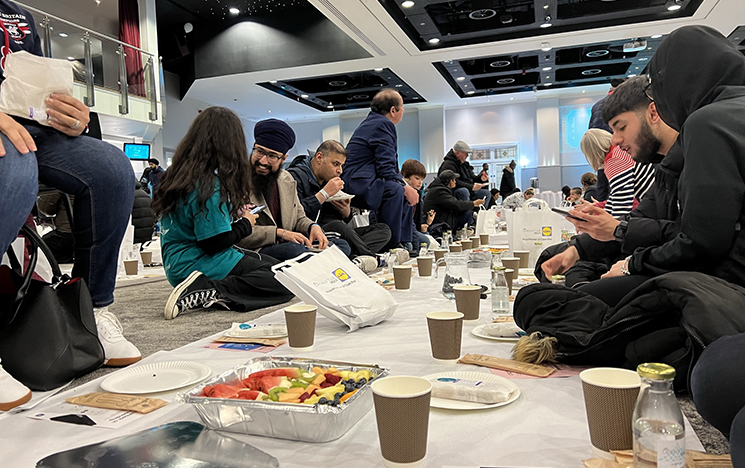
Ramadan Tent Project Open Iftar, held at Aston Villa Stadium Birmingham.
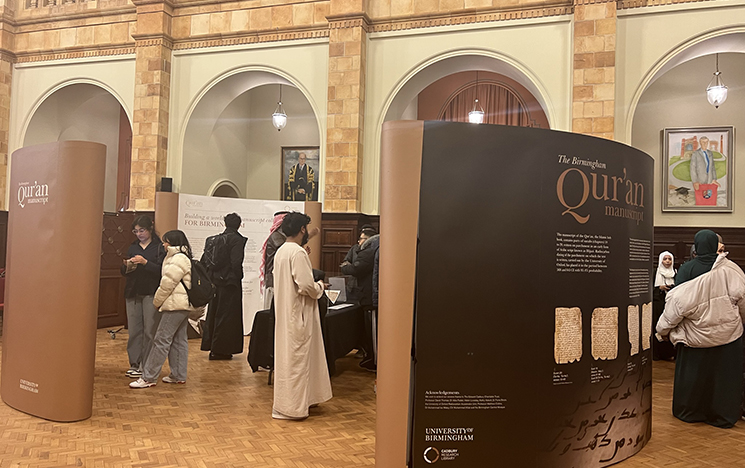
An Art Exhibition of Islamic Arts held before the Community Iftar at the University of Birmingham.
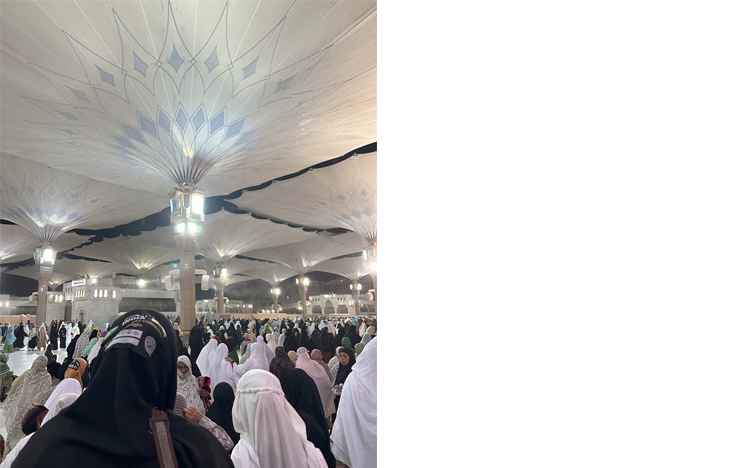
Entering Al Haram Al Sharif Madina for Fajr Prayers. Women side.
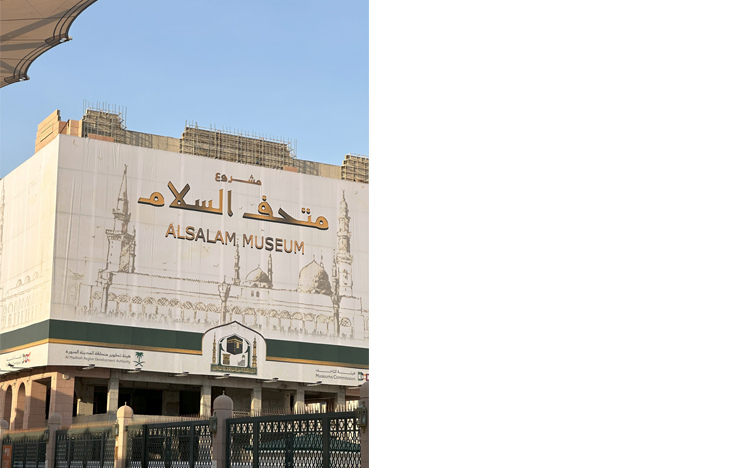
Al Salam Museum Opposite Al Haram Al Sharif Madina.
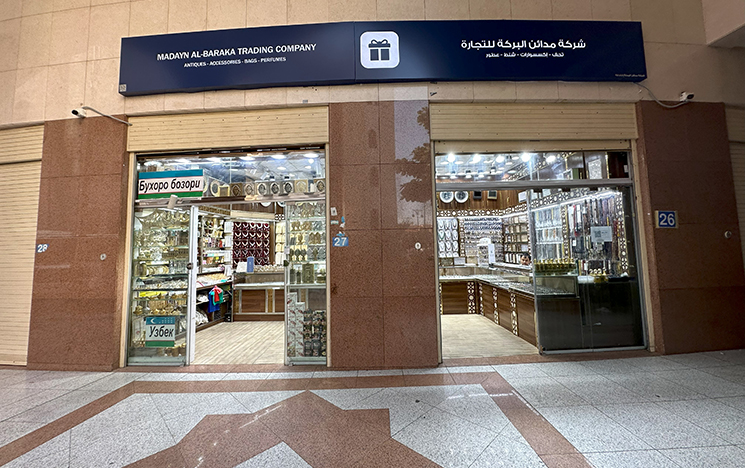
Jewellery shop opposite Al Haram Al Sharif Madina.
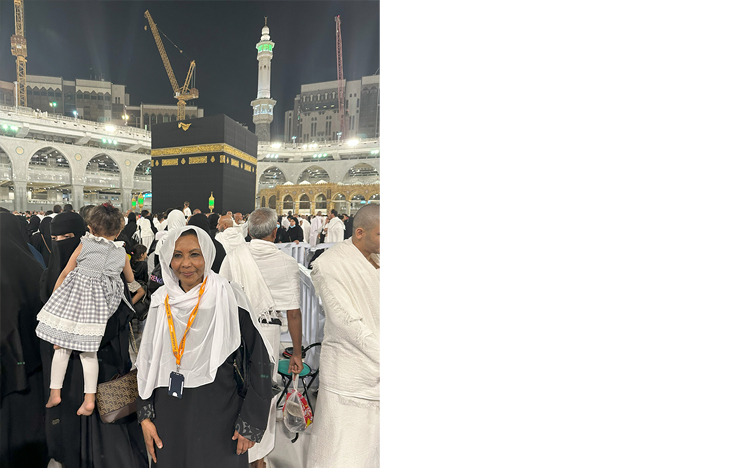
Performing Umra. Al Haram Al Sharif Mecca.
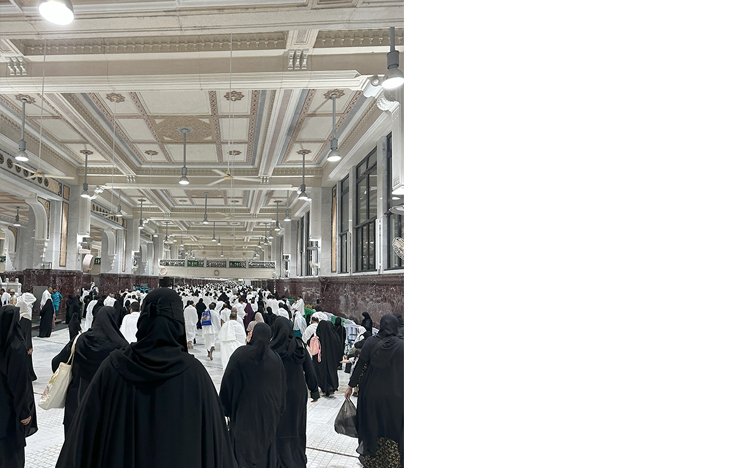
Al Sai between Al Safa and Al Marwa, Al Haram Al Sharif Mecca.
Muslim Sacred Journey
This workstream focuses on the Hajj to Mecca in Saudi Arabia as the fifth pillar of Islam that is obligatory for all physically and financially able Muslims, and the relatively small-scale and voluntary Umra. Hajj is the largest annual gathering of pilgrims performing rituals side-by-side. Saudi government regulations require foreign pilgrims to travel with a reputable travel agency accredited with the Saudi Embassy as part of ‘package tours’. Owing to falling oil prices, Saudi Arabia has planned a mega-development to increase the number of pilgrims. Mecca’s residents have been displaced to make way for a modern metropolis. The controversial development replaced sacred heritage with skyscrapers, shopping centres and hotels for the rich that dwarf the sacred Kaaba and appear to contradict Islam’s ethos of simplicity and equality.
With a focus on British Muslims around the Jami Masjid, Islamic Centre, and Green Lane Masjid in Birmingham, this pilgrimonics workstream considers their aspirations, plans and experiences of pilgrimage. It concentrates on the ‘articulation of the authentic’ in what some might decry as the commercialisation of Hajj and what Vali Nasr terms ‘Meccanomics’ of the Hajj experience. The research illuminates the perspectives and experiences of tour companies and those who travel to the ‘Holy Land’ in a context of rising numbers and costs, increasing commercialisation, and the widening gap between rich and poor. It also considers their implications for pilgrimage practice, fundamentalisms, and how these phenomena are reconciled with Islam’s ethos of sacrifice, simplicity, modesty, and equality where abstention and humility are key.
Workstream Lead Shadia Taha
Workstream Blog
A short film created for the Pilgrimonics Research Group by Al Munawara
- Video transcript
Coming soon.
The constant motion of Umrah rituals: a film by Shadia Taha and Tarun Jasani
- Video transcript
Coming soon.